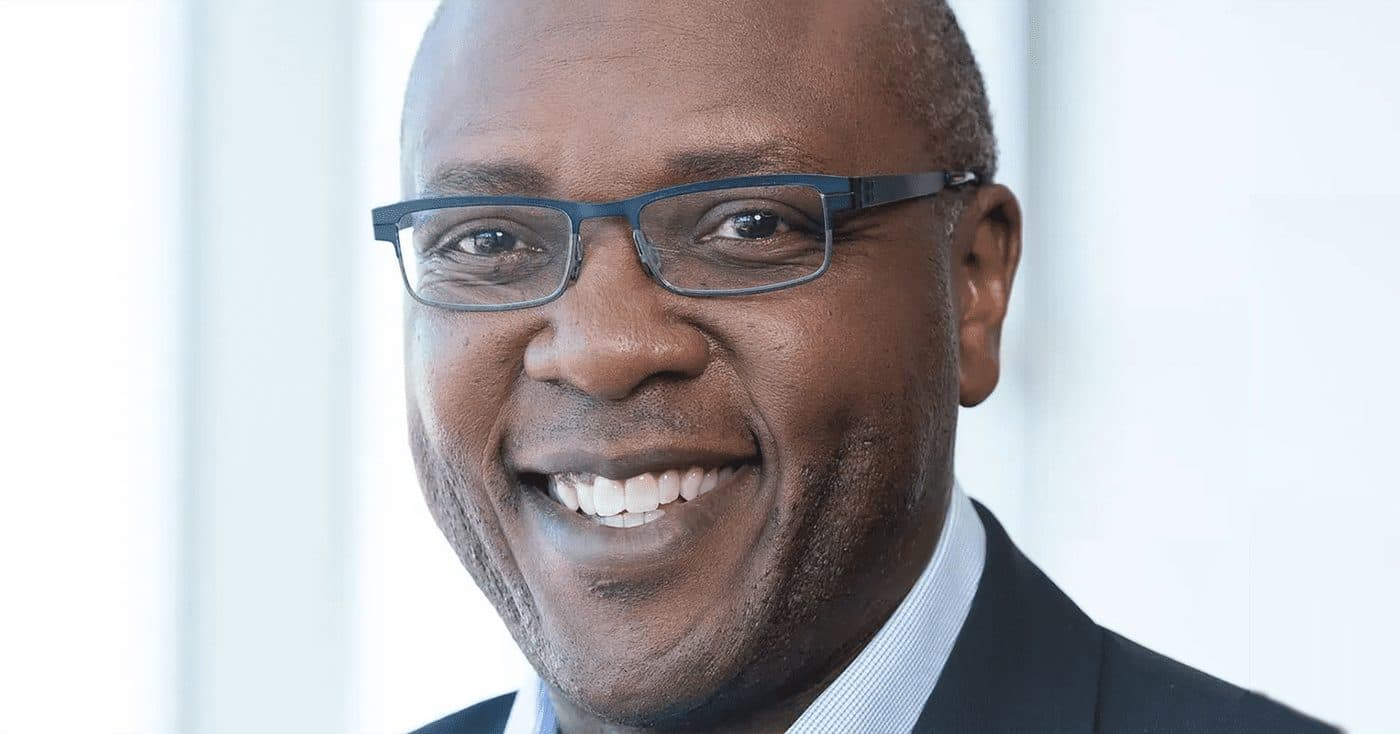Binance.US New Risk Officer: Crypto Industry Must Educate Regulators
Binance.US, a subsidiary of the world’s largest crypto exchange, is preparing for regulatory hurdles with its first risk officer hire

Sidney Majalya
key takeaways
- Binance.US hires its first chief risk officer amid greater regulatory scrutiny
- Sidney Majalya brings experience from Intel, Uber and the US government to the table
The world’s largest cryptocurrency exchange added a chief risk officer to the team of its US affiliate as it looks to advance compliance and security efforts.
Sidney Majalya, a former Intel Corp. and US Department of Justice veteran, steps into Binance.US’s newly created position.
Prior to his most recent role as vice president, legal and chief compliance officer at Intel, Majalya worked at Uber Technologies, where he helped the ride-share app build out its legal department ahead of its initial public offering in 2019. Before moving to the private sector, Majalya spent 10 years as a trial attorney in the Antitrust Division at the Department of Justice.
“I’ve had the pleasure of working for a number of companies that are changing the way our world operates, and I expect Binance.US to do the same,” Majalya told Blockworks.
Majalya, who will start the new role in January, will oversee the exchange’s risk and compliance efforts, which have come under scrutiny in recent months. In July, the UK’s Financial Conduct Authority blocked Binance from completing certain restricted activities in the country. Binance’s UK unit had withdrawn its application to become registered in May after failing to meet anti-money laundering requirements.
Most recently, Binance withdrew its application for a Digital Payment Token license in Singapore and signalled it would close its local Singaporean subsidiary.
There has been speculation that the exchange made the move because it wasn’t able to satisfy anti-money laundering and terror financing regulations. Majalya declined to comment on the matter.
Ensuring that regulatory guidelines around digital assets protect consumers while still fostering innovation starts with education, Majalya said.
“Digital assets, crypto and blockchain are groundbreaking technologies, and educating the world – including regulators – about how the ecosystem operates and the opportunities it creates is an essential component to developing smart regulation,” he said.
Majalya will report to Binance.US CEO Brian Shroder, who took over from former Acting Comptroller of the Currency Brian Brooks in September. Brooks resigned as CEO after three months in the position due to conflicting views over strategic direction for the exchange, he said.
“In view of our focus to make Binance.US the most compliant and consumer-centric digital asset platform in the US, I know the organization will greatly benefit from Sidney’s tremendous experience, talent and judgement,” Shroder said in a statement.
As regulators around the world grapple with how to approach digital assets, it is essential that the industry engages with regulators, Majalya said, and that will be a key part of his new position.
“The unknown is always scary, and there are likely misconceptions that regulators have about digital assets and the technology behind them,” he said. “As an industry, I believe we have an obligation to educate all parties about the transformational nature of the technology and the opportunities it will afford the world. Digital assets are the future, and I am confident that regulators will come to the same conclusion.”





